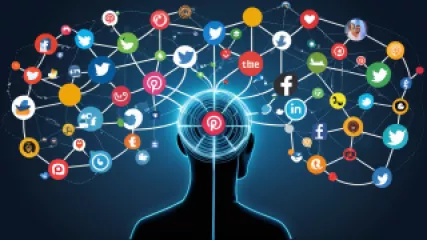Mastering Mindful Work-Life Balance: A Step-by-Step Guide
hace 1 año
Atención Plena en el Trabajo
The Importance of Mental Health Checks: A Personal Reflection
hace 1 año
Chequeo de Salud Mental
How to Conduct a Mental Health Check-in: A Step-by-Step Guide
hace 1 año
Chequeo de Salud Mental
How Art Therapy Helped Sarah Overcome Trauma
hace 1 año
Sanación a Través del Arte
The Science Behind Healthy Habits: Online Therapy Sessions Boost Wellness
hace 1 año
Hábitos Saludables
Decluttering Your Space: A Step-by-Step Guide to Emotional Clarity
hace 1 año
Efectos Emocionales del Desorden
10 Proven Somatic Symptom Management Strategies
hace 1 año
Manejo de los Síntomas Somáticos
How Does Social Media Impact Mental Health?
hace 1 año
Impacto de las Redes Sociales
How Art Therapy Transformed One Woman's Journey to Healing
hace 1 año
Sanación a Través del Arte
Overcoming Victim Mentality: Powerful Lessons from the Movie 'The Shawshank Redemption'
hace 1 año
Superar la Mentalidad de Víctima
Boosting Child Resilience: An Interview with a Child Psychologist
hace 1 año
Construcción de la Resiliencia en Niños
How Online Therapy Helped Me Overcome Social Media Addiction
hace 1 año
Impacto de las Redes Sociales
Embracing Empathy: Why It Matters in a Virtual World
hace 1 año
Cultivar la Empatía
The Science Behind Mindful Eating for Emotional Balance
hace 1 año
Alimentación Consciente
Insights from a Peer Pressure Expert: An Interview
hace 1 año
Presión de Grupo















